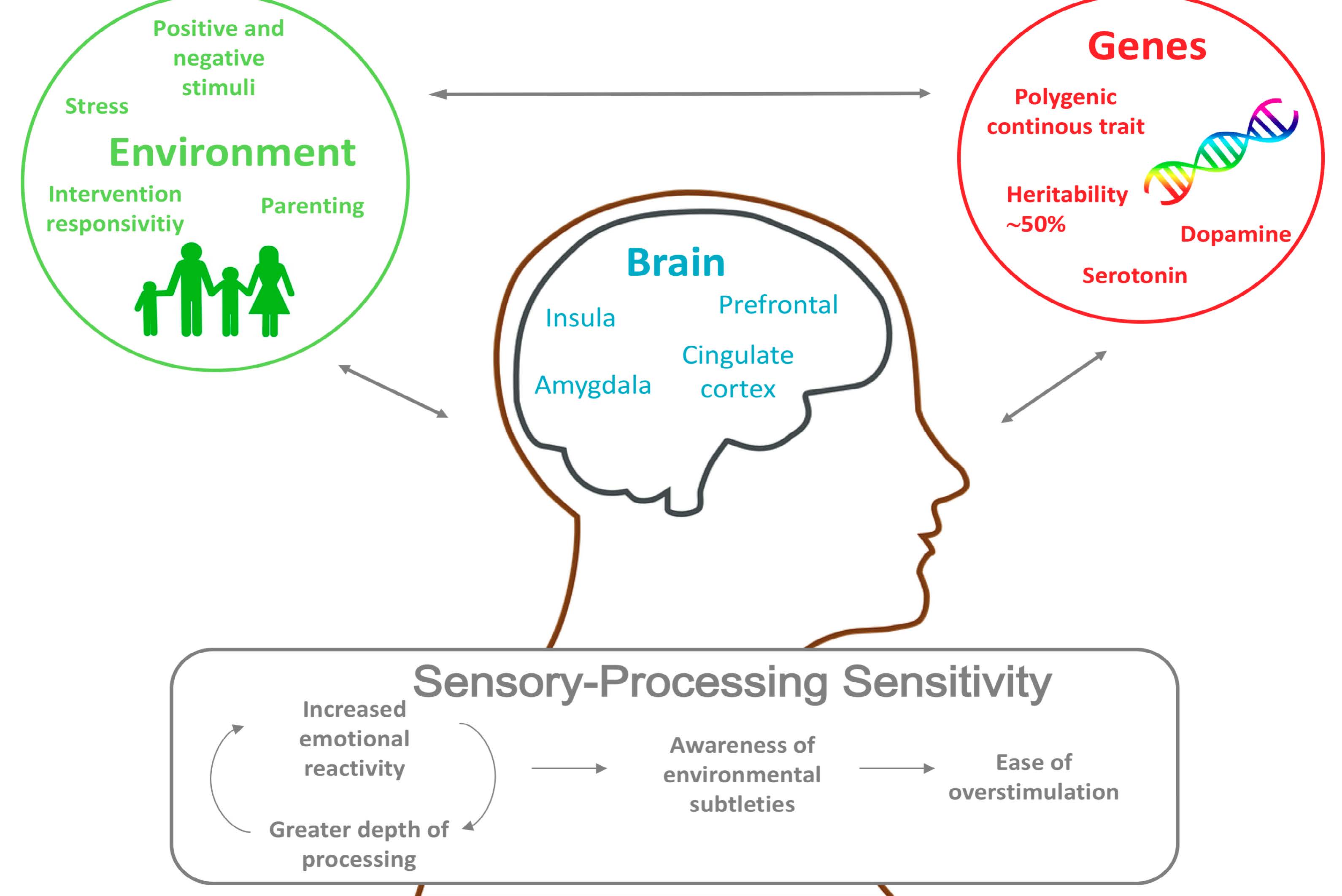Sensory Processing Sensitivity (SPS) is a trait describing inter-individual differences in sensitivity to environments, both positive and negative ones. SPS has attracted growing societal interest. However, (neuro)scientific evidence is lagging behind. We critically discuss how to measure SPS, how it relates to other theories of Environmental Sensitivity and other temperament and personality traits, how SPS interacts with environments to influence (a)typical development, what the underlying aetiologies and mechanisms are, and its relation to mental disorders involving sensory sensitivities. Drawing on the diverse expertise of the authors, we set an agenda for future research to stimulate the field. We conclude that SPS is a heritable, evolutionarily conserved trait, linked to increased risk for psychopathology and stress-related problems in response to negative environments, as well as to greater benefits (e.g., intervention responsivity, positive mood) in positive environments. We need advances in objective assessment of SPS, understanding mechanisms, differentiating it from (seemingly) related mental disorders, to exploit the potential of SPS to improve mental health, preserve human capital, and prevent adverse effects.

